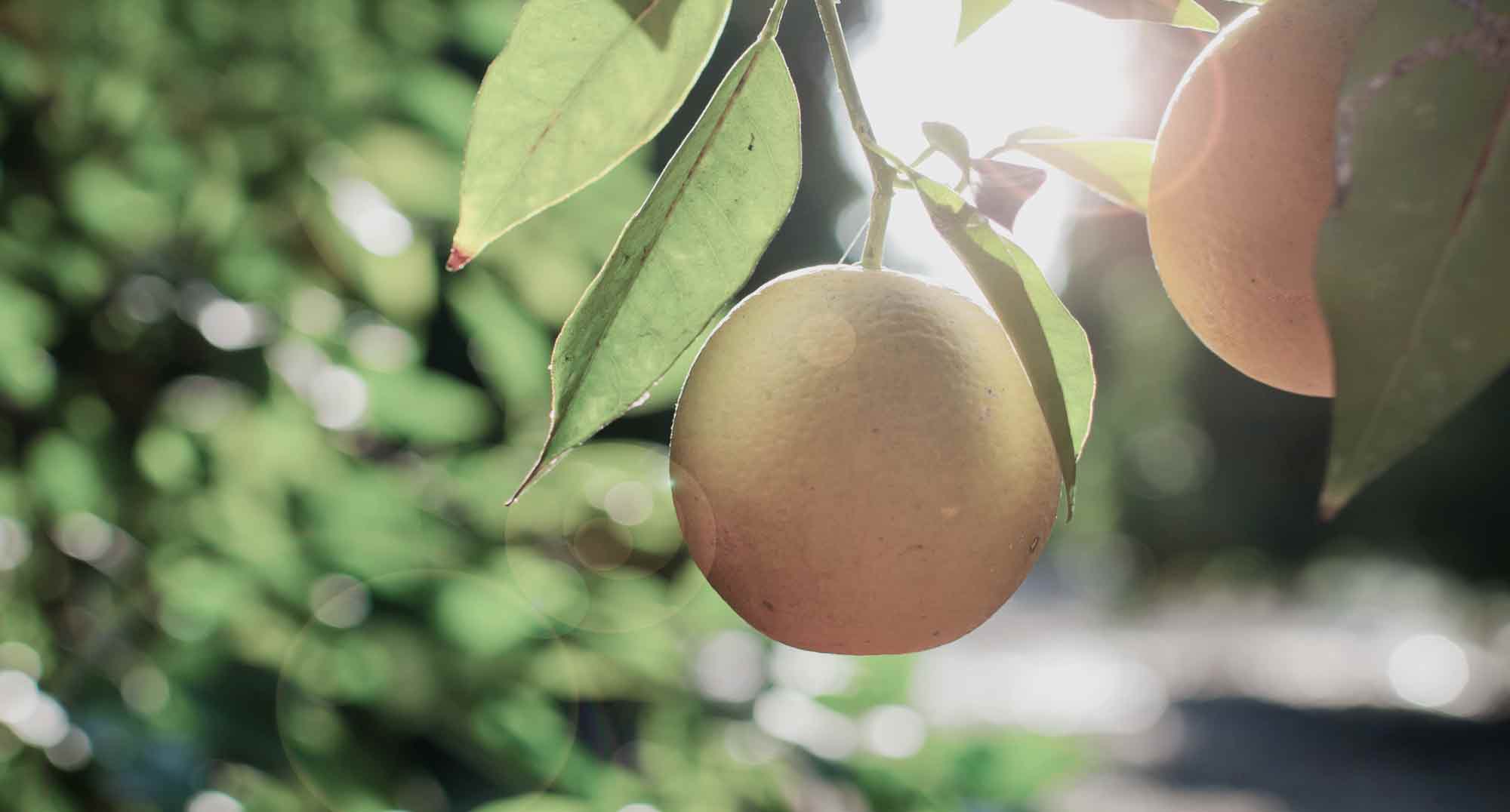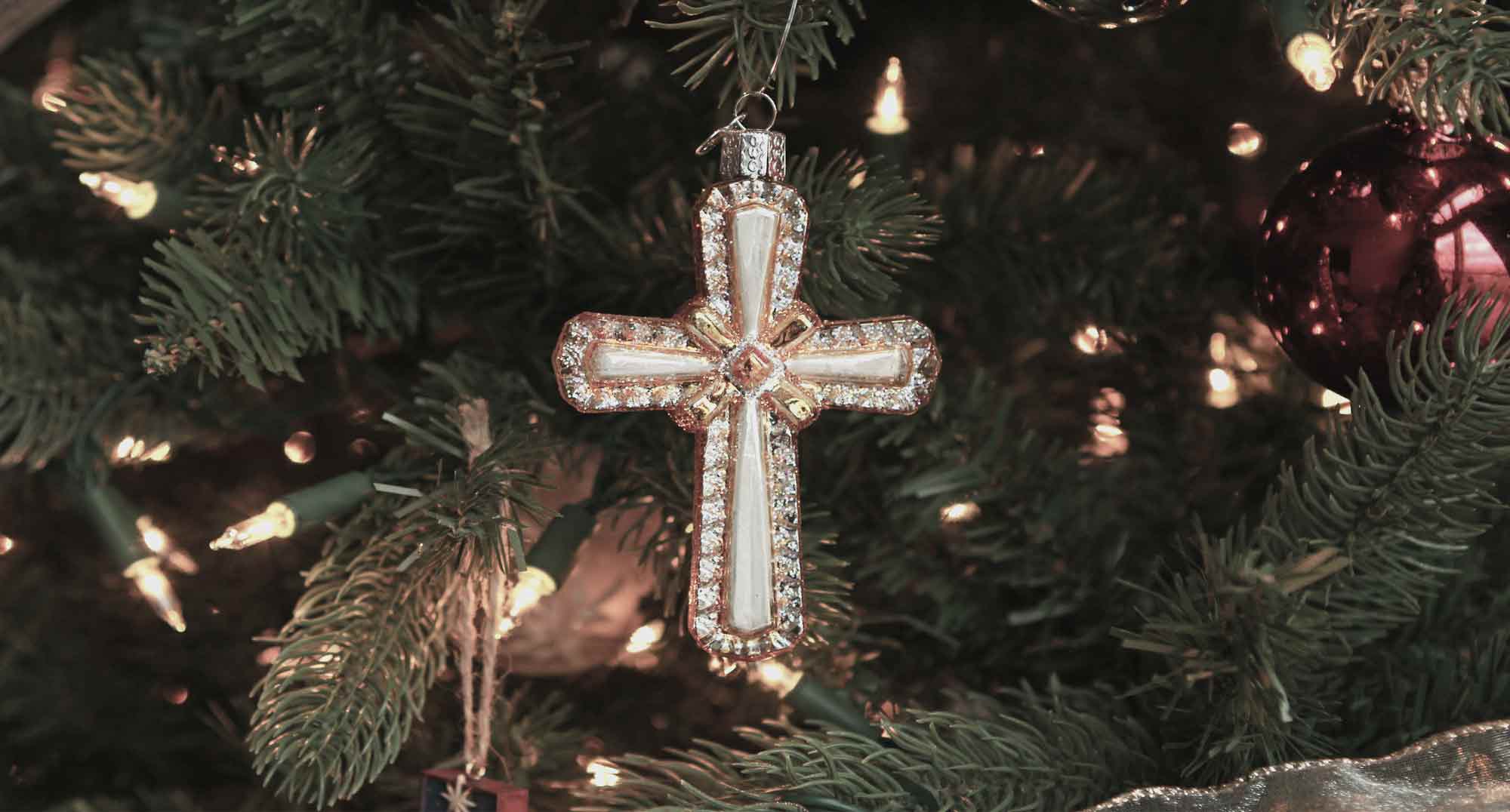The Comfort of Covenant Theology
SARAH IVILL|CONTRIBUTOR One of the things I love to do is sing covenant theology with my children. We have CDs that put the First Catechism: Teaching Children Bible Truths to music, as well as CDs that put the Westminster Shorter Catechism to music. I love both! I have found that we learn the questions and answers better when we sing them. Not only do I love to hear my children sing these truths, I love to sing them too. Whether I’m singing the catechism while doing chores, or while homeschooling, the truths of covenant theology comfort me. Perhaps comfort isn’t the first thing you think of when you hear “covenant theology.” Maybe you’re not even sure what covenant theology is, or if you do, maybe you aren’t confident in explaining it to others. I want to help you associate covenant theology with comfort, and hopefully be better able to teach it to others. We need comfort on a daily basis, and we don’t want to get it from the wrong sources, such as food, shopping, or media. We want to remember that the covenant-making and covenant-keeping God is with us in our physical pain. He is with us in that messy relationship. He is with us as we battle habitual sin. And He is with us as we engage in service. Five Ways Covenant Theology is a Comfort Covenant theology is a comfort because it teaches us that God is the Creator and Redeemer who wants to be in a relationship with His people. He created us to glorify Him and enjoy Him forever, so our greatest satisfaction will always be found in Him. He could have chosen to relate to His people in any number of ways, but He chose to relate to us by way of covenant. We could not have initiated a relationship with God, but amazingly He initiated one with His people. This isn’t a relationship that can be broken; it’s binding. And this isn’t a relationship without structure. It’s grounded in His grace and promises. Furthermore, this isn’t a relationship without security. The blood of God’s Son, Jesus Christ, secures it. Covenant theology is a comfort because it teaches us the promise of God’s presence...










